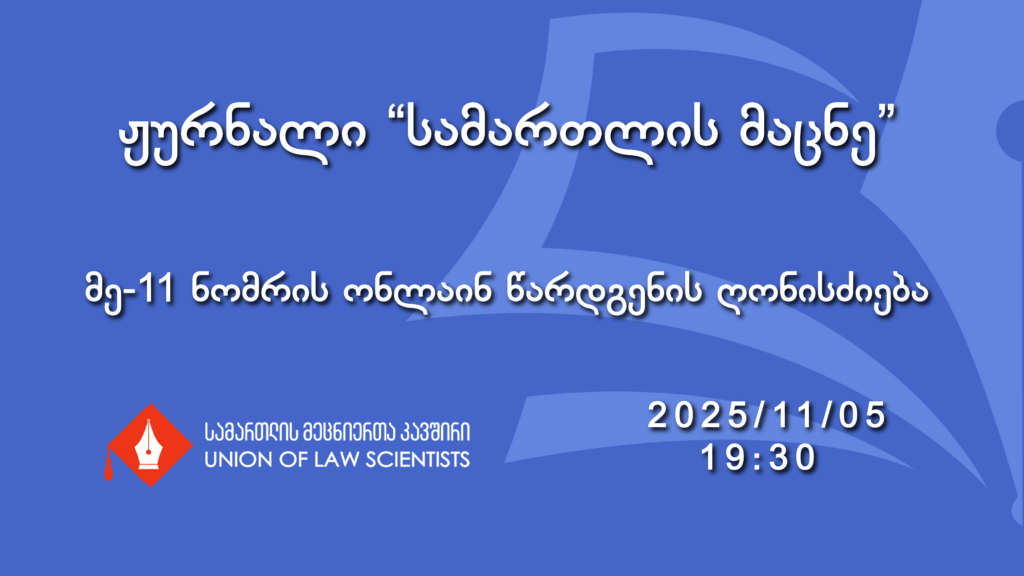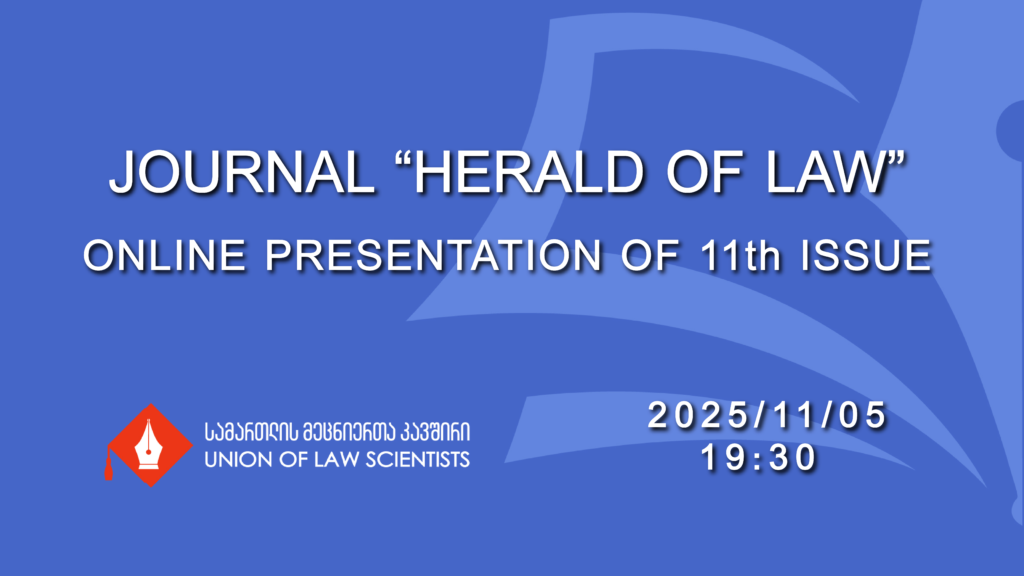Problems of Achieving The Goal of Punishment in the Penitentiary System
Abstract:
Crime and punishment at all stages of human development have been inseparable institutions of society. To ensure social control, people criminalized unwanted actions and created norms, while in order to comply with the norms, they established punishments that had different explanations and purposes at different times. Resocialization-rehabilitation programs for convicts are an important factor in achieving the goal of sentencing offenders. Theoretical and practical guidelines testify that in order to achieve the purpose of punishment, the program must suits directly to the offender’s personality and should fill the gaps and needs that have played a significant role in criminal behavior. The present study analyzes the re-socialization-rehabilitation programs of convicts in the Georgian Penitentiary system, which requires scientific substantiation of the need to study the psycho-social environment of offenders and to take into account their needs for creating such programs. Since the form of punishment, in most cases, is deprivation of liberty, the study reviewed and analyzed information about various re-socialization-rehabilitation programs implemented by the Special Penitentiary Service. The analysis of the data revealed that there is no researched the offender’s psychosocial status before entering the facility and after the end of the program, the programs do not focus on filling in the gaps for which the offenders committed the crime. They are only, in general, aimed at overcoming the antisocial behavioral tendency and have nothing in common with re-socializing of offender and enabling person to reintegrate into society.
Keywords:
Guilty, Prevention, Resocialization










